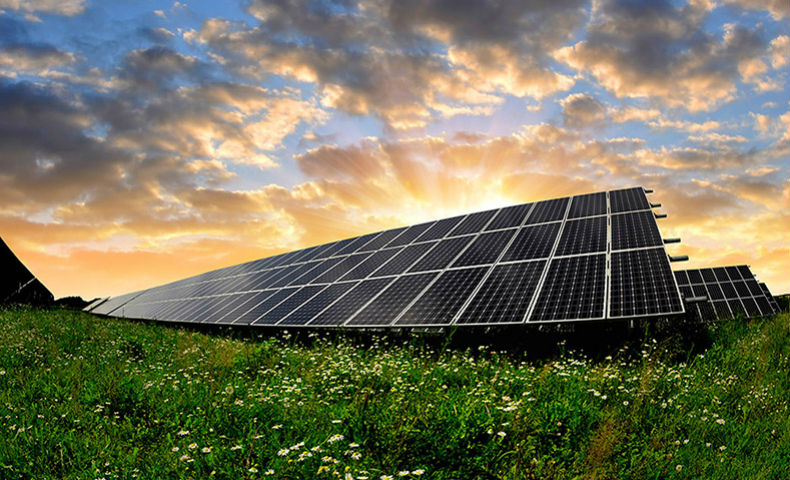Outdoor temperature can have a significant impact on solar panel efficiency. The efficiency of solar panels is influenced by several factors, and temperature is one of the key variables.
- Temperature Coefficient:
- Solar panels are rated under standard test conditions (STC), which include a specific temperature (usually 25 degrees Celsius or 77 degrees Fahrenheit). However, as the temperature of the solar panels increases, their efficiency typically decreases. This relationship is described by the temperature coefficient, which is provided by manufacturers and indicates how much efficiency will decrease for every degree increase in temperature above STC.
- Electron Mobility:
- Higher temperatures can lead to an increase in the kinetic energy of electrons, which can reduce their mobility within the semiconductor material of the solar cells. This phenomenon can result in a decrease in the electrical conductivity and overall efficiency of the solar panels.
- Voltage Drop:
- The voltage output of a solar panel tends to decrease with an increase in temperature. This is due to the fact that higher temperatures can lead to a reduction in the open-circuit voltage of the solar cells.
- Inverter Performance:
- Inverters, which are used to convert the direct current (DC) produced by solar panels into alternating current (AC) for use in homes or the grid, can also be affected by temperature. Some inverter models may experience reduced efficiency at higher temperatures.
- Cooling Effects:
- While high temperatures generally have a negative impact on solar panel efficiency, there is a counteracting effect related to the cooling of solar panels. In certain situations, the increased airflow around solar panels on a sunny day can help dissipate heat and partially offset the negative impact of temperature on efficiency.
It’s important to note that the specific temperature coefficient and performance characteristics can vary between different types of solar panels. Monocrystalline and polycrystalline panels, for example, may respond differently to temperature changes.
Despite the temperature-related reduction in efficiency, solar panels remain an effective and reliable source of renewable energy. Additionally, advancements in solar technology, such as temperature-resistant materials and improved designs, aim to mitigate the impact of temperature on efficiency. When planning a solar installation, it’s essential to consider local climate conditions and choose solar panels that are well-suited to the temperature variations in the region.


